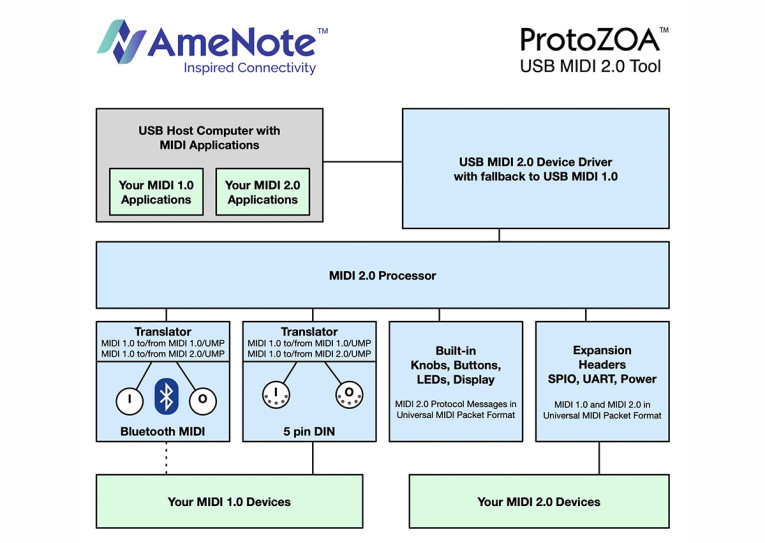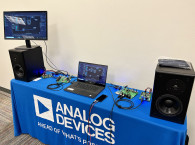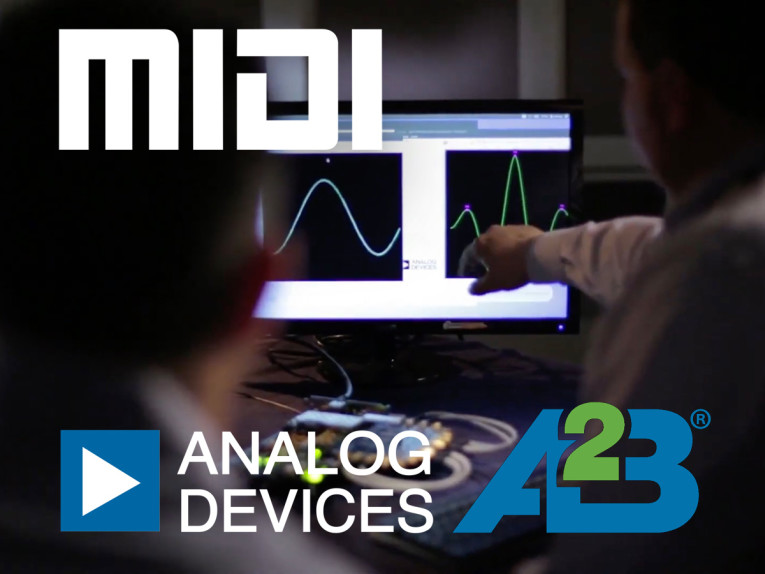
The MIDI Association is the global non-profit trade association that connects the companies who develop MIDI products and new MIDI specifications with all the people around the world that create music and art with MIDI. The association has been recently focused on finally getting the MIDI 2.0 specification implemented in products, and until now they have been focusing in USB. The addition of Analog Devices A2B opens new exciting possibilities, particularly for product development.
A2B is a high bandwidth, bidirectional, digital audio bus capable of distributing 32 channels of audio and MIDI control data together with clock and power over a single, unshielded twisted-pair wire. The technology enables the development of advanced, feature-rich and cost-effective audio and MIDI LAN systems in a variety of musical instrument and pro audio applications.
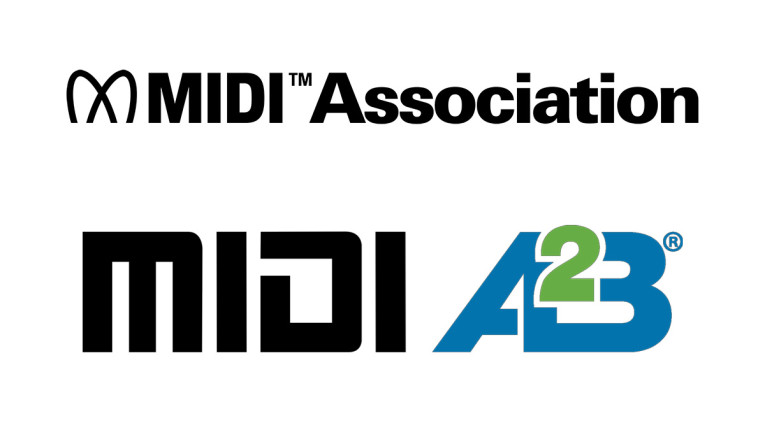
MIDI (Musical Instrument Digital Interface) is the industry standard developed to connect digital musical instruments to each other, as well as to computers, tablets and smartphones. MIDI 2.0 is a significant upgrade to the original MIDI 1.0 specification adopted in 1983 and makes MIDI more expressive and easier to use by changing MIDI from a monolog to a dialog and allowing MIDI devices to discover shared capabilities and auto configure themselves. A2B will support both MIDI 1.0 and MIDI 2.0 devices and provide backward compatibility/translation where necessary.
“Combining the multi-channel audio networking capabilities of the Analog Devices A2B with MIDI’s expressive musical control creates a brand-new technology platform for the musical instrument and pro audio industry,” says Athan Billias, President of the MIDI Association. “This inexpensive platform to connect multiple digital instruments together is a big boon to designers of musical instrument and pro audio applications.”
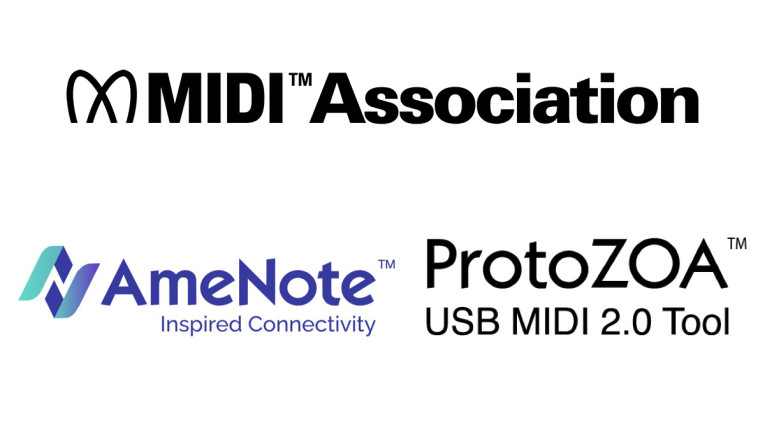
AmeNote was founded by Mike Kent, which is also the Chair of the MIDI 2.0 Working Group of the MIDI Association. He is a co-author of USB MIDI 1.0, the principal architect of USB MIDI 2.0, and Chair of the MIDI Working Group of the USB Implementers Forum. Amenote's Chief Technology Officer is Michael Loh, a Senior Electrical and Computer Engineer with a breadth of experience as the founder and former CTO of iConnectivity. Michael is the former Chair of the MIDI-CI Working Group of the MIDI Association. Through their years of professional development, Mike and Michael created connections with top influencers in many industries who work with AmeNote as independent consultants.
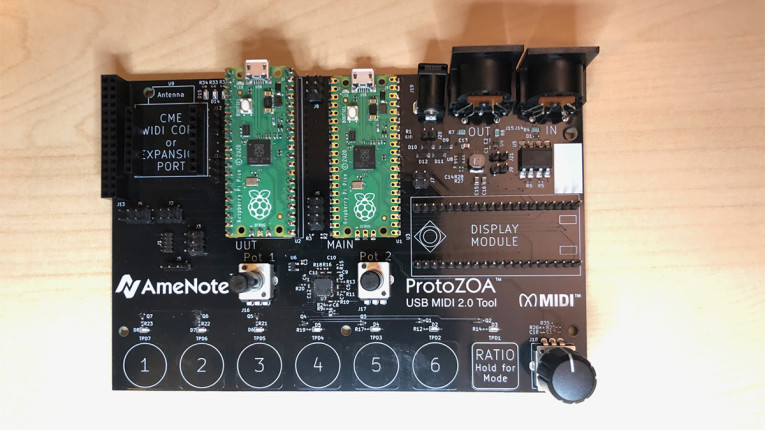
Their new ProtoZOA board is a USB MIDI 2.0 Device, designed specifically to jump-start prototyping and validation of UMP functions and fuel the MIDI 2.0 evolution by providing an affordable, flexible prototyping platform. This board provides a testing platform which connects via the USB MIDI 2.0 drivers recently released by Apple and Google and a test tool for Microsoft as they create Windows drivers. AmeNote provides USB MIDI 2.0 source code that other hardware developers can use under a no-charge permissive license. The OS Abstraction Layer (OSAL) exists for the Raspberry Pico, simplifying this integration and development effort to the Device Class API (TUD).
The Raspberry Pi Pico board provides the main processor, power regulation and USB C connectivity which is sufficient to develop, test and experiment with MIDI 2.0 Protocol over USB and some base operations. This is extended with a base PCB that supplies hardware interfaces. A custom PCB adds knobs, buttons and LEDs to generate UMP messages such as Notes or the 32-bit controllers of MIDI 2.0.
ProtoZOA is now available to members of the MIDI Association and the Association of Musical Electronics Industry. Price, including hardware and permissive license to source code for USB MIDI 2.o. MIDI-CI, MIDI 1.0/2.0 Translation, Universal MIDI Packet, Function Blocks and more is $250 - First unit is free to members of the MIDI Association.
www.analog.com
www.amenote.com
www.midi.org
